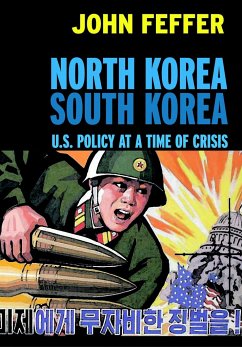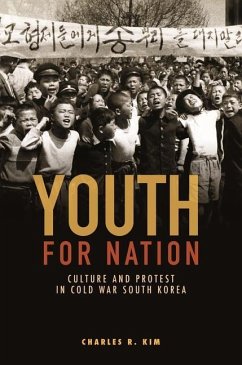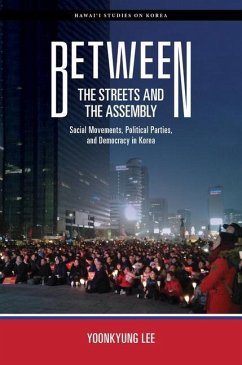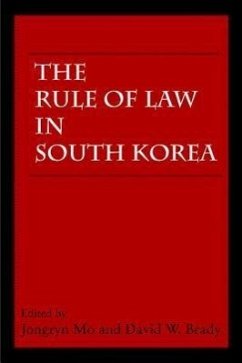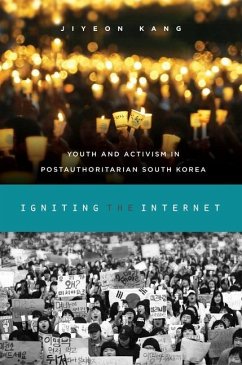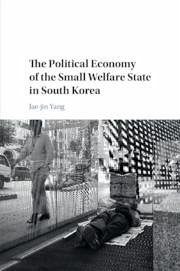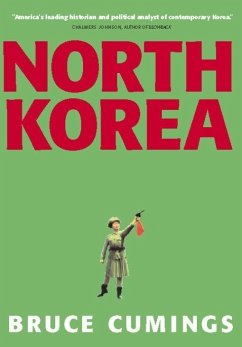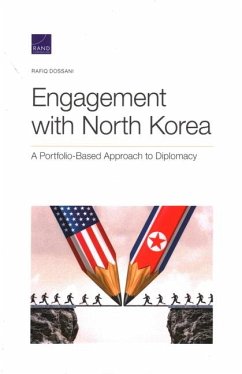
Surviving the Unipolar Era
North Korea's 35 Year Standoff with the United States
Versandkostenfrei!
Versandfertig in über 4 Wochen
24,99 €
inkl. MwSt.

PAYBACK Punkte
12 °P sammeln!
On June 29, 1950, the U.S. launched its first ever air strikes on the North Korean capital, Pyongyang, marking the start of what would become the longest conflict in history between two industrial powers. Four decades later, the end of the Cold War in 1989 and the disintegration of the Soviet Union in 1991 marked the beginning of a new phase of the conflict, with a new unipolar world order centered on the power of the U.S. and Western world leaving North Korea in unprecedented isolation. Now unsupported in its fight against a Western superpower intent on its destruction, the small but technolo...
On June 29, 1950, the U.S. launched its first ever air strikes on the North Korean capital, Pyongyang, marking the start of what would become the longest conflict in history between two industrial powers. Four decades later, the end of the Cold War in 1989 and the disintegration of the Soviet Union in 1991 marked the beginning of a new phase of the conflict, with a new unipolar world order centered on the power of the U.S. and Western world leaving North Korea in unprecedented isolation. Now unsupported in its fight against a Western superpower intent on its destruction, the small but technologically adept and heavily militarized East Asian state would need to adopt more radical measures to ensure its security. Over the next 35 years, the conflict would transform from a period of North Korean decline in the face of tremendous economic and military pressure, to one of an ascent in its power and decline in the West as international order evolved past the unipolar era Surviving the Unipolar Era elucidates the conflict's transformation, beginning with unprecedented U.S.-led efforts to achieve North Korea's total collapse and elimination through maximum pressure, and ending three decades later with a subsiding of Pyongyang's international isolation and the modernization of its economy, armed forces and nuclear deterrent. A. B. Abrams highlights how the small state has been able to hold its own in multiple standoffs with the world's superpower, successfully weather economic sanctions, and prevent penetration of its information space, and the implications that this has had for the country, the region and the wider world. He details the strong consistency in American objectives, and the evolution of consensus across five separate administrations on how these should be pursued as the circumstances of the conflict transformed. In the context of prevailing geopolitical, economic and security trends, Abrams projects the future course of the conflict including aspects such as Western difficulties coming to terms with North Korea's ascent, U.S. policy priorities going forward, and the growing opportunities that an emerging new global cold war is likely to provide Pyongyang.



